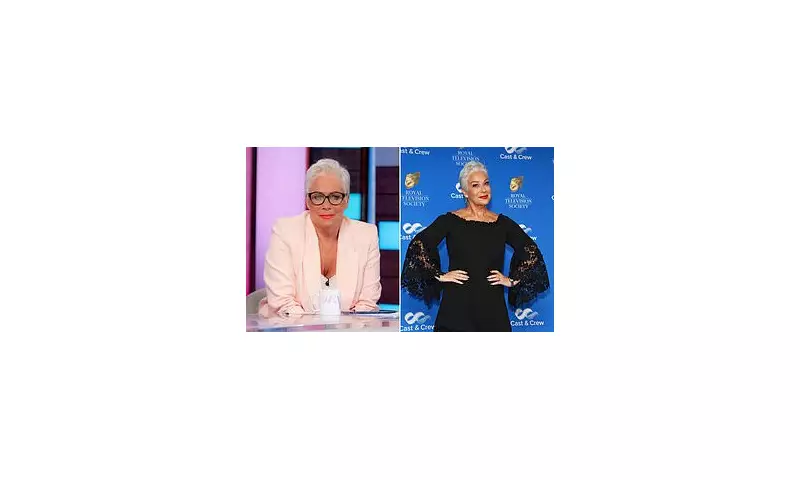
In a deeply personal revelation that's resonating with many, television personality Denise Welch has shared her recent ADHD diagnosis at the age of 67. The former Loose Women star explained how this discovery has brought clarity to a lifetime of emotional struggles and mental health challenges.
A Lifetime of Questions Finally Answered
Welch, known for her candid discussions about mental health, described the diagnosis as "life-changing" after years of grappling with unexplained symptoms. "For the first time in my life, everything makes sense," the actress and presenter revealed during an emotional interview.
The diagnosis came after Welch noticed increasing discussions about ADHD in women her age and recognized familiar patterns in her own experiences. "I'd spent decades thinking I was just 'too much' or 'over-emotional,' when in reality, there was a neurological explanation for everything I'd been through," she shared.
From Mental Health Battles to Understanding
Welch has been open about her struggles with depression and addiction throughout her career, but the ADHD diagnosis provides a new framework for understanding these challenges. She explained how the condition had manifested in ways she never recognized as ADHD symptoms.
- Emotional dysregulation and intense mood swings
- Difficulty with focus and concentration
- Sensory sensitivity and overwhelm
- Impulsivity in decision-making
Breaking Stigma for Older Women
Welch's story highlights the growing recognition of ADHD in women, particularly those in middle age and beyond who were missed by childhood diagnoses. Her openness aims to encourage other women who may be struggling with similar unexplained symptoms to seek assessment.
"This isn't about getting a label - it's about getting answers," Welch emphasized. "For women of my generation, we were often told we were 'dramatic' or 'hysterical' when in fact we were dealing with a very real neurological condition."
The television personality hopes her story will help reduce stigma around adult ADHD diagnoses and encourage more women to seek understanding for lifelong struggles that may have been misunderstood or misdiagnosed.





